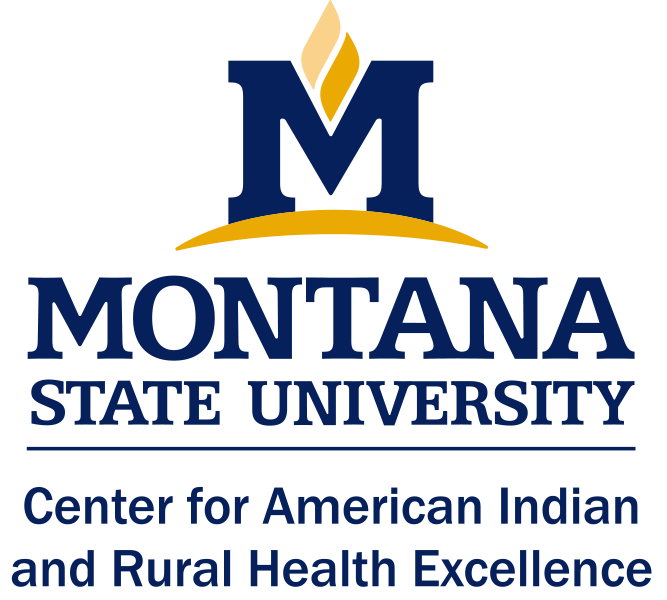Evaluating a Traditional Foods Toolkit and Youth Knowledge, Attitudes, and Behaviors Relating to Traditional Foods
2021–2023

Project Leader Emily Tomayko, Ph.D.
MSU Department of Health and Human Development
[email protected]
Very little is known about the relationship of American Indian (AI) youth with their traditional foods, despite the recognized importance of these foods for health and well-being. AI communities experience significant diet-related health disparities across the lifespan, due in part to multiple factors that have driven communities away from traditional foods, such as decreased access to ancestral lands and decreased oral history transmission. Given how health disparities impact AI communities, there is a critical need to better understand the current relationship of youth with their traditional foods and to evaluate resources to reestablish connection with these foods.
Our long-term goal is to positively impact the health of AI communities by facilitating reconnection with traditional foods. We previously utilized community-engaged approaches in partnership with a tribe in the Pacific Northwest to develop a traditional foods toolkit that includes a seasonal harvest calendar, three-dimensional digital models of selected foods, and printed educational materials targeting school-age children (8-11 years). The overall objective of this second-year CAIRHE Pilot Project was to evaluate this traditional foods resource and to generate pilot data regarding knowledge, attitudes, and behaviors related to traditional foods among youth in the community.
For Aim 1, we proposed a cross-sectional survey of 4th grade students at a local school to generate pilot data regarding knowledge, attitudes, and behaviors related to traditional foods. We expected to generate data to address a substantial gap in the literature and that these data will inform targets for future interventions utilizing a traditional foods toolkit.
For Aim 2, we proposed to evaluate toolkit materials among parents of school-age children, elementary school educators, and the broader community using modified talking circle methodology to solicit feedback regarding if the various toolkit components are accurate, age-appropriate, relevant, respectful of community knowledge, and useful for educational purposes.
After incorporating this qualitative feedback, we developed a comprehensive, community-informed toolkit that can be utilized in a variety of contexts, such as within school curricula and at community-wide events (e.g., health fairs). These outcomes are expected to have a positive impact by providing a tangible resource to promote reconnection with traditional foods among the broader community. Moreover, these processes can inform other communities looking to revitalize connection with their traditional foods, with a particular focus on transmitting this knowledge to younger generations.

